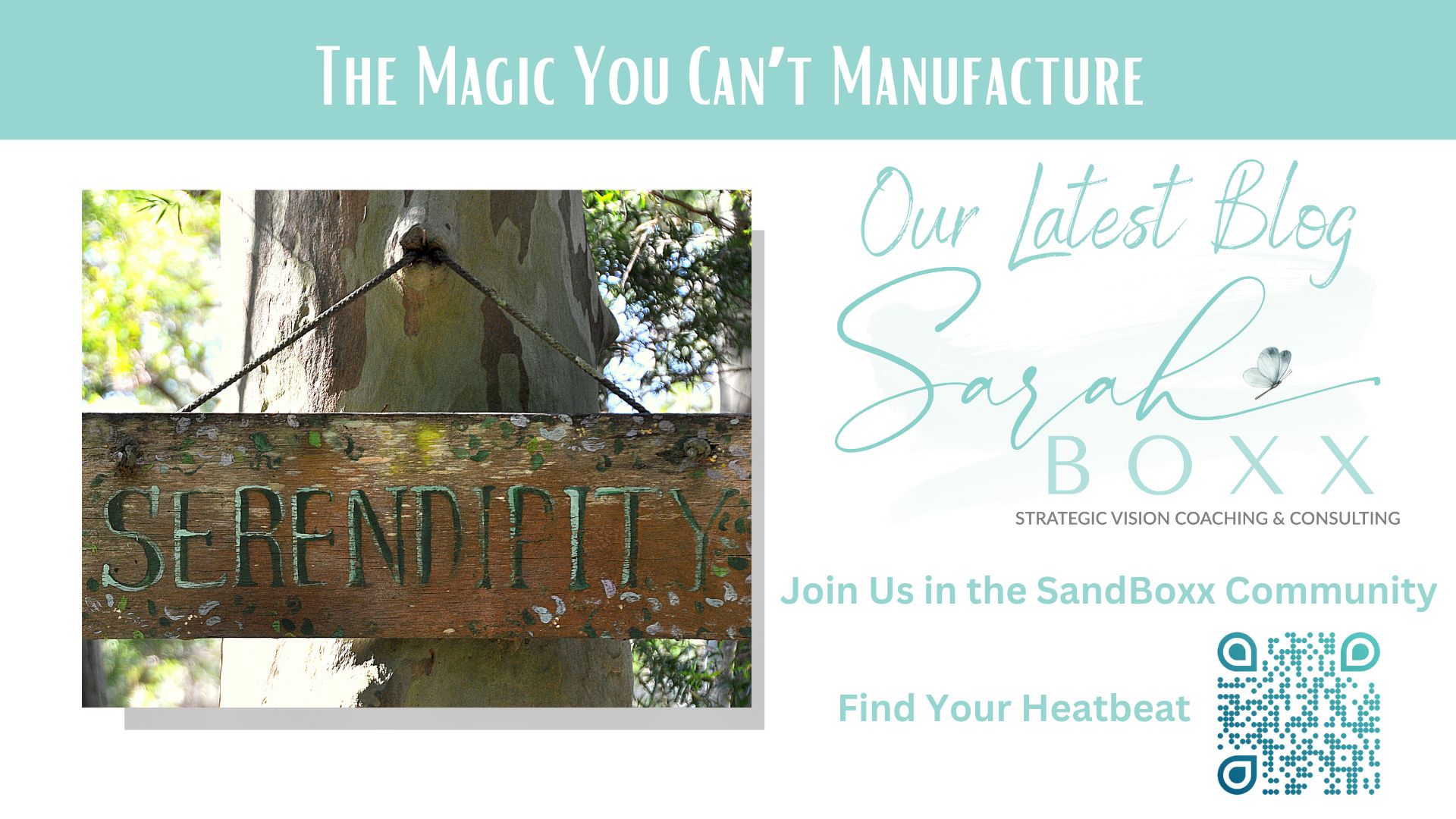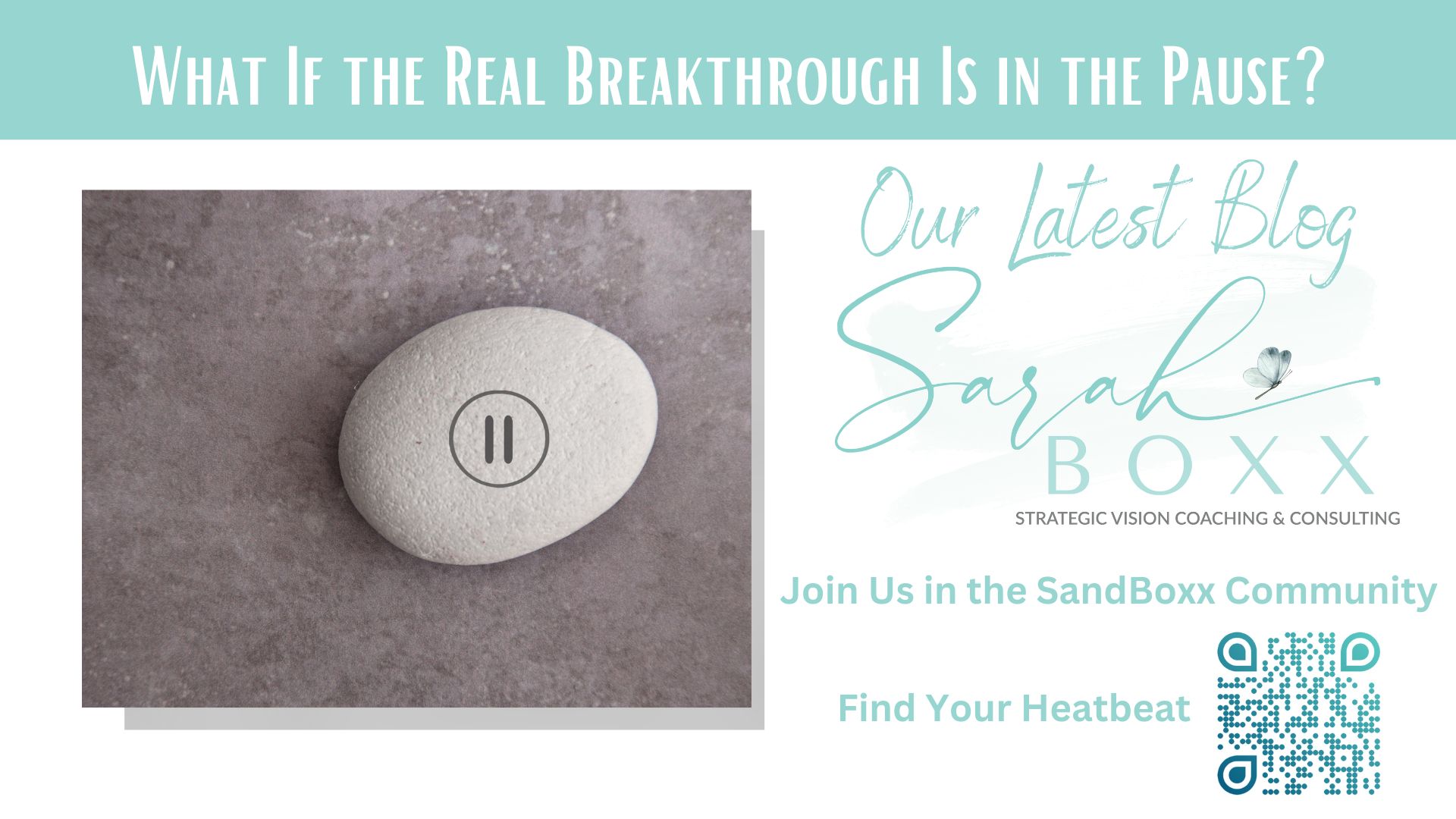Most people struggle with not having an immediate solution to what seems an obvious physical problem. Feeling tired and a bit burnt out? Many will try sleeping longer, to no avail. Some might say that four or five hours is their norm and they don’t need more. Or maybe you feel like you just can’t catch up. Trust me. I’ve been there.
What about when you want to maintain your schedule AND have increased energy and focus – when you want a better “bounce back” factor? Do you look for the right combination of foods and vitamins, exercises, or other techniques to squeeze into your already jam-packed day? Trust me when I say I’ve been there, too.
But, it wasn’t until I got serious that I started regularly pausing to recognize the many, many reasons to be grateful each day – even for some of the perceived “obstacles.” Then, when I began consciously expressing my feelings of gratitude to myself and then others, I began to notice the shifts in my life.
First, I noticed when I went to bed I was able to fall asleep more quickly. I wasn’t waking up in the middle of the night running the “what if’s?” through my mind. No longer was my first thought that I needed to get up and dive right into the problem and see if I could fix it. (Truth? I had to work at it for a while before I could trust that I’d get “it,” whatever “it” was handled better in the morning. Especially if I was rested and relaxed.)
I was soon able to find myself stopping long enough to remember to take a breath when “urgent” issues emerged. Then, able to remind myself that I’d faced many challenges before, successfully. And, in fact, some of the “problems” or challenges had helped me grow. Many had brought new people and experiences. In fact, I found I could be grateful for some of the “worries” and even release them. My sleep improved.
Also, as I took the time to pause in the morning, during the day, and especially when I could feel frustration beginning to rise up in me and find something to be grateful for (related or not), I became more centered and relaxed; more interested in what I and others around me were doing. I just felt better.
Fluke or coincidence?
In her March 2018 article, Is Gratitude Good for Your Health? Summer Allen tells us, ‘the jury is still out,’ but preliminary findings indicate gratitude may, in fact, influence our sleep quality, chronic pain experience, and even heart health. People keeping a daily gratitude journal reported longer sleep and waking more refreshed.
Why? According to Robert Emmons, leading scientific expert on gratitude,
“…research suggests that grateful people have more positive ‘pre-sleep cognitions’ and fewer negative pre-negative pre-sleep cognitions.”
Pre-sleep cognitions are the thoughts running through our minds as we are getting ready to go to sleep. Negative cognitions are focused on worry, upsetting things happened during the day, not being able to sleep, or other gnawing or upsetting events. Positive pre-sleep cognitions are the opposite and can be facilitated by a gratitude practice.
So, whether you want to improve your sleep, are looking for health improvements in other areas of your life, or want to rekindle your energy and enthusiasm, let’s take a tip from Albert Schweitzer, theologian, organist, writer, humanitarian, philosopher, and physician, who said:
“At times, our own light goes out and is rekindled by a spark from another person. Each of us has cause to think with deep gratitude of those who have lighted the flame within us.”
Try practicing a few minutes of gratitude and see if you don’t also notice a bit more lightness around you as you move through your days. You just may be the “spark” that lights another’s way, merely through feeling and expressing gratitude as a daily practice.
Join us next week as we talk about High Achievers, Gratitude, and Success, and share a gift for those of you who need a “tune-up” to accelerate your 2019 goals and resolutions.





